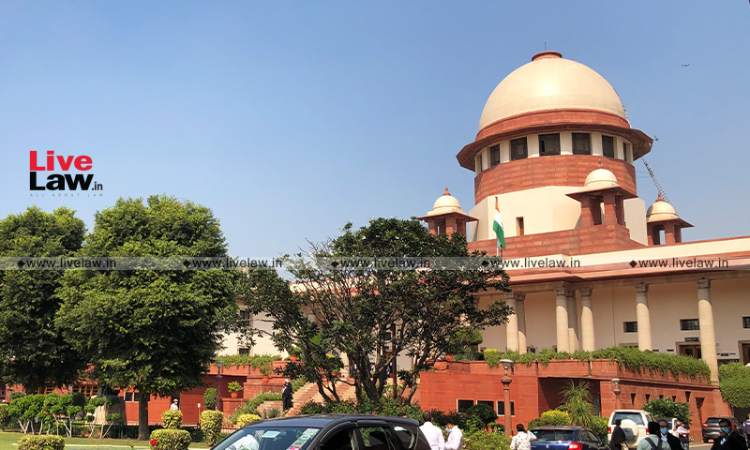Pension Shall Be Determined On Rules Existing At The Time Of Retirement: Supreme Court
Shruti Kakkar
2 Dec 2021 11:25 AM IST

Next Story
2 Dec 2021 11:25 AM IST
The Supreme Court has observed that the pension payable to an employee on retirement shall be determined on the rules existing at the time of retirement. The Court also observed that the law did not allow the employer to apply the rules differently in relation to persons who are similarly situated.The bench of Justices MR Shah and BV Nagarathna in the present matter was considering a...
